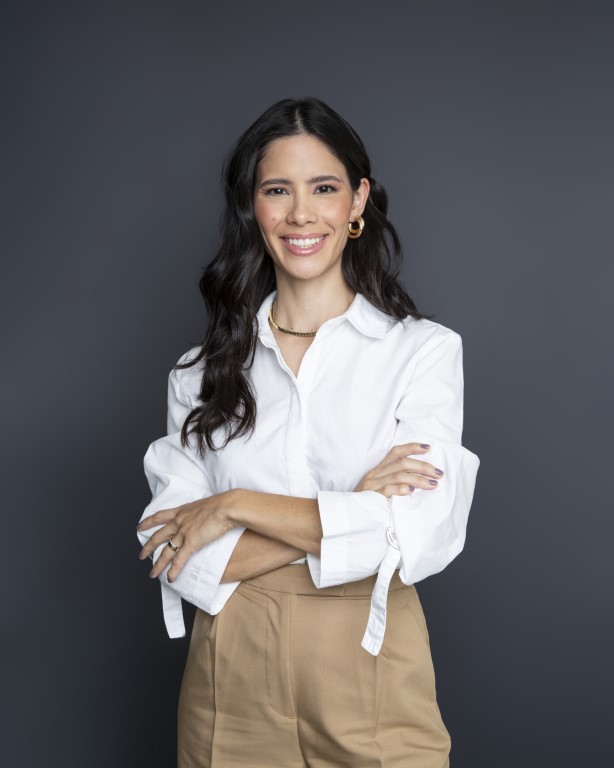Olá queridos papais…
Hoje quero me apresentar e falar um pouquinho do porquê escolhi a pediatria….sei que nem todos sabem inglês, e acabei postanto abaixo um artigo que encontrei em meu email que uma colega também pediatra me enviou na época da residência médica…
Acho que fala muito bem desse sentimento, que nós, pediatras carregamos um pouco e faz de nós médicos mais humanos. O pediatra lida com um ser vivo tão inocente, sem mazelas e sem preconceitos…cuida da saúde de forma completa, cuida da família, das preocupações dos pais, tios, avós…passa noites sem dormir por uma criança que não está bem no leito de UTI, sofre com a família…comemora…posso me lembrar de tantas vezes que peguei no colo um bebê, e me deixei derreter pela sua ternura e inocência, ou quantas vezes, ao examinar uma criança, e na hora do fatídico ” abra a boca”, encontro um choro de desespero…mas na saída um abraço e um beijo, um sorriso que faz valer a pena qualquer esforço…
O que me fez fazer pediatria foi o amor sem reserva das crianças, o sorriso delas me traz uma recompensa enorme e que não tem preço…
Por isso eu amo ser pediatra!

Why Pediatrics Is Priceless
Peter Y. Jung, MD
Posted: 06/08/2011
An extra blue scrub top is tucked away in the lower right cabinet of the nurse’s station. Every so often, after being sprayed with bodily fluid, I have to make a midday swap of my work clothes. However, it’s a small price to pay to be a part of children’s lives; one day the baby who spits up on your shoulder will be the same kid who runs down the hall screaming your name and clings to your leg with the dexterity of a koala. What makes pediatrics so rewarding is the long-term relationships that you build with children and their families who every day make you feel like a small hero.
Practicing general pediatrics often feels like searching for a needle in a haystack. Hidden in a sea of upper respiratory infections, reflux, eczema, and diaper rashes is a cystic fibrosis diagnosis, for example, that the astute clinician must not overlook. There are enough challenging cases to keep you on your toes to make everyday clinic interesting, but they don’t overwhelm you. As a result, you’ll have plenty of time each day to build new relationships and foster old ones. These relationships create the backbone of a successful pediatrician’s practice.
By knowing the histories of an individual family — for instance, remembering the grandfather who has Crohn disease or the younger sibling who has a milk protein allergy — a pediatrician has unique insight into each medical conundrum that presents itself, no matter how big or small. The trust and relationships that you develop allow you to take a personal and tailored approach to an ill-appearing child. That can save countless hours in an emergency department or avoid an unnecessary x-ray or blood test. Knowing that a mom is meticulous and reliable gives you an extra day of watchful waiting for a fever that an emergency department doctor might otherwise work up. This saves time, money, and anxiety.
A successful pediatrician should also be an excellent educator. The better job you do teaching your families — that fever is a symptom and not a disease, that every cough does not need medication, and that in most cases diarrhea will go away with time — the better doctor you will be. Using an evidence-based approach to simple problems will help prevent more complex ones; by avoiding the overuse of antibiotics for routine viral infections, you can curb the rise of antibiotic-resistant bacteria and the subsequent complications that they create.
Most pediatricians do not hold master of public health degrees, but we each play a vital role in preventive medicine to protect the individual and society as a whole. Immunizations are probably the single greatest advance of modern medicine. Diseases such as small pox, polio, measles, mumps, and rubella have been extinguished to the point that most modern pediatricians have seen few if any cases of these maladies. The world has benefited from the immense power of immunizations, and pediatricians stand at the front line in protecting children and the public at large.
Pediatrics is not everyone’s cup of tea. You should have a high tolerance for shrieking, crying, and the errant stream of bodily fluid that will disrupt the occasional workday. Perhaps the most difficult aspect of caring for a child is working with the array of parental personalities. Both the pediatrician and the parent may have the best interest of the child at heart, but misinformation from old wives’ tales, the Internet, and Aunt Bertha can confound clear communication and good intentions. This is where the art of medicine shines its brightest: Strategic word choice and good listening can go a long way to assuaging anxiety and making sure that children receive the best care possible.
Sometimes in the routine day-to-day of things, it is easy to forget that every visit counts; that each teaching moment may save an unnecessary test; and that each shot prevents a possible death. However, when you feel the familiar clutch of a child on your leg, you remember why you chose this job, and you gladly take your blue scrub home to be washed so that you’re ready once again for whatever comes your way.






